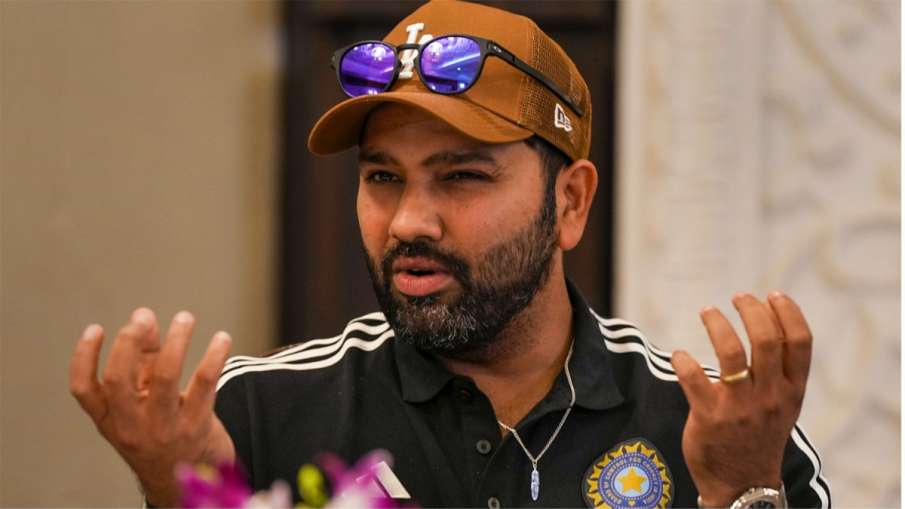Rohit wants India to be flexible, in mind and batting order
Flexibility in the mind and flexibility in the middle order will be key for India to unlock their batting potential at the ODI World Cup, according to their captain Rohit Sharma.
"One thing I believe that in this group is should ensure everybody is OK to bat anyplace," Rohit said at a public interview to declare India's Asia Cup crew in New Delhi. "That is one thing we really want to remember. You really want adaptability, folks who can move forward at any position. It would be ideal for nobody to say, 'I'm great at this position or I'm great at that position'. You believe folks should have the option to bat anyplace, that is the message passed on to each person. Not at the present time, however over the last three-four years."
One might say, Rohit was emphasizing the perspectives on previous India mentor Ravi Shastri, who prior in the week talked about no player possessing any one position and how even somebody as senior as Virat Kohli ought to drop down to No. 4 in the event that the group mix requested it.
"I know it's extreme for folks outwardly to comprehend the reason why a person who bats at six is batting at four, however the message has been given. This is worldwide game, not club cricket, that you're discussing. Dislike we nod off giving a situation for a specific player and afterward change it the following morning.
"We say, 'this is the very thing we need'. You would rather not be debilitated or stayed with one player batting in one position. Having said that, you need to get the best out of players in specific positions. Each of the seven-eight numbers are available to anybody, that is the message we have conveyed for such countless years now."
Rohit refered to Axar Patel's guide to underscore what he implied. He felt Axar is more qualified to disturb the resistance as a floater who can take the game on at any situation in the batting unit. Rohit felt this ability gave him the edge over, say R Ashwin or Washington Sundar.
"Where things reduce to is the batting choice at No. 8 and 9," Rohit said. "Axar, you know he's had a decent run for this present year, batted well in white-ball cricket. He didn't get a lot of chance in red-ball, yet played well in white-ball, particularly IPL. He had a couple of chances in the West Indies yet couldn't become wildly successful, yet with him being there, it provides us with the choice of having a left-hander who can go up the request and play spinners whenever required, and furthermore make batting profundity."
Ajit Agarkar, India's executive of selectors, further explained Rohit's perspectives on adaptability.
"Rohit didn't say anybody can play anyplace," Agarkar said. "What he said is a player ought to be adaptable in the brain. A player knows his job, where he will play, which over he's probably going to bowl. A new-ball bowler will bowl with the new ball, or whether he can bowl in center overs - those jobs are set. In any case, as the game or competition advances, you see somebody's structure or the group's structure, against whom you are playing, players ought to be adaptable in the psyche.
"Each chief has an arrangement that this hitter will bat here, and we will play in this particular way, yet as the competition advances, in the event that somebody's structure is great, somebody is playing great or match-ups direct playing somebody against a specific bowler, we're discussing that sort of adaptability, which is significant. That much ability is there in the group. Assuming there's ability that adaptability will come. It doesn't mean job isn't indicated, jobs are determined, you feel great hence."






